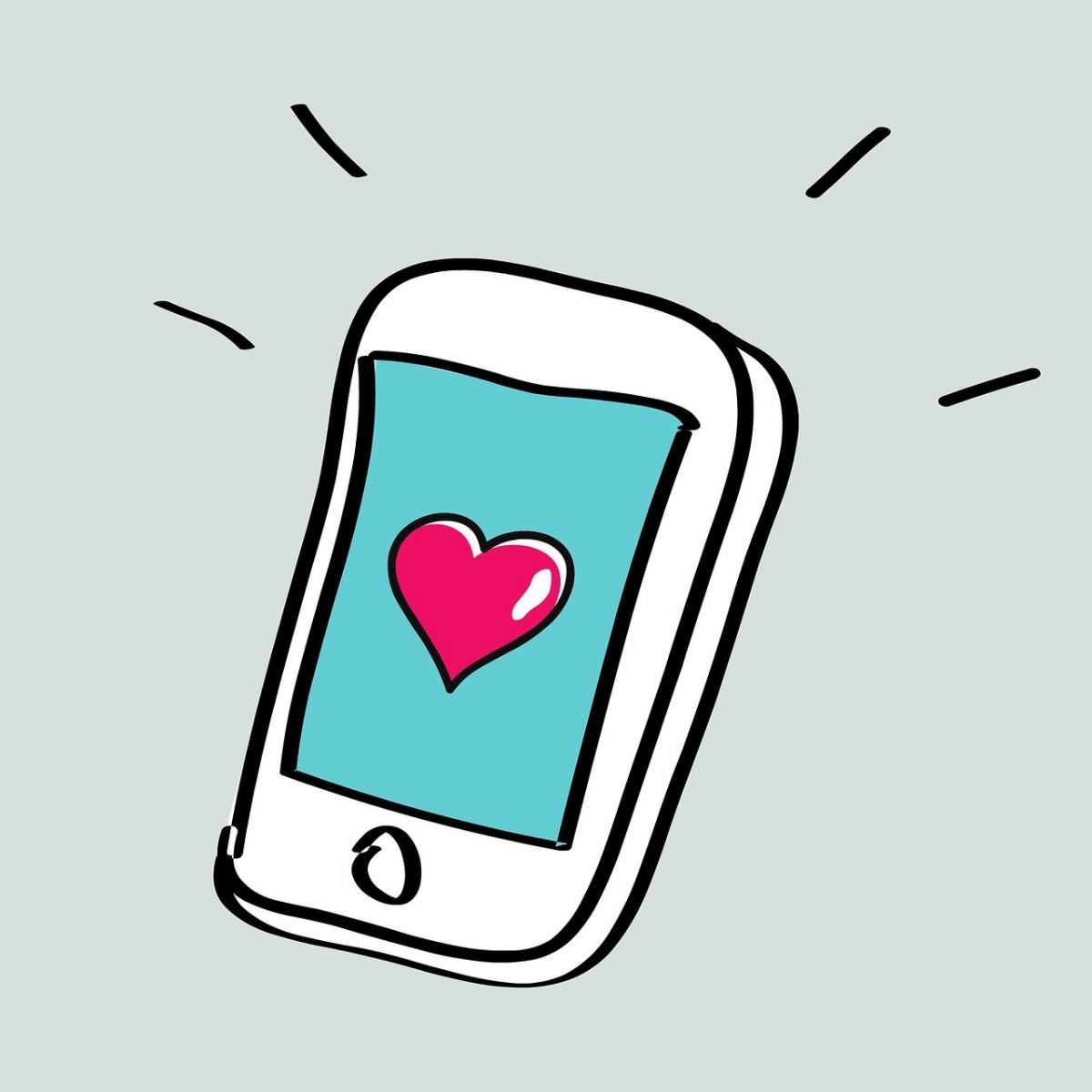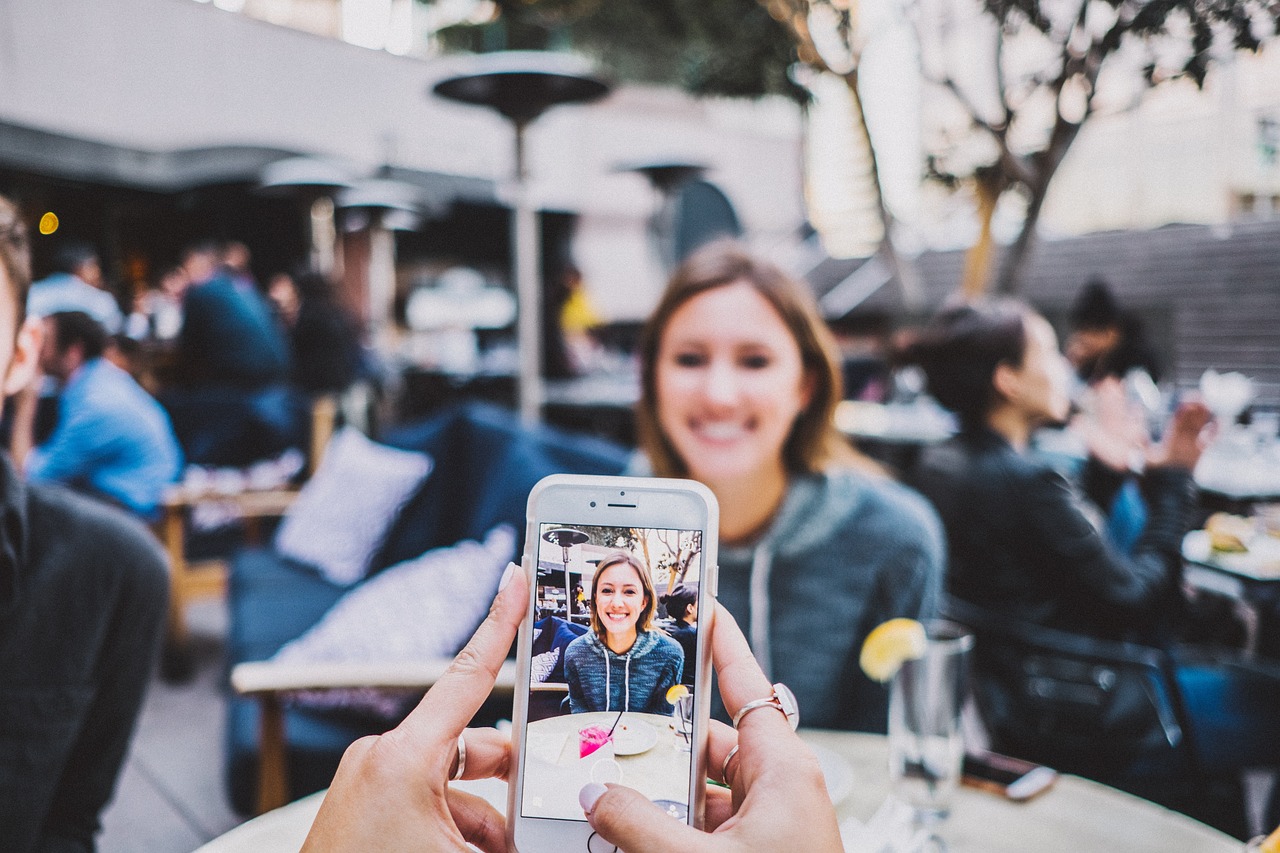Phubbing: When love slips through the screen
Editorial Assistant: Rinat Meerson
Note: An earlier version of this blog post has been published in the German version of In-Mind.
We all know this situation: we want to tell the other person something, but they only have eyes for their smartphone. This behavior has a name: Phubbing. But how does phubbing change our relationships and do we have to switch back to reading the newspaper to be a good partner?
Our world has gone digital, and with this advancing digitalization, the pitfalls of modern relationships have changed. One phenomenon that has gained increased attention is “phubbing” - a compound word made up of “phone” and “snubbing”, which describes the habit of ignoring one's partner for the smartphone [1].
Let's take Jennifer and Michael as an example. They are a happy couple - until Michael's smartphone comes into play. Jennifer has the feeling that Michael finds his smartphone much more interesting than the conversations they used to have every evening just a few weeks ago. On the couch, at the restaurant, or even in bed, Michael is now captivated by two women... Jennifer and Siri. So, it's hardly surprising that phubbing has a negative impact on emotional connectedness and well-being and can even increase the risk of depression [2].
Phubbing is especially common in romantic relationships [2]. But why with the person we love so much? One possible explanation is that we feel so comfortable with our partner that we tend to neglect social norms. This could be because we believe that our partner also loves our quirks, or because we feel bored in the relationship.
Reading newspapers is, however, not perceived as phubbing [3]. So, do we need to switch back to push-button cell phones and newspapers for a healthy relationship? The real solution lies in consciously engaging with the digital world. Offering an excuse for distracting smartphone behavior can help clear up misunderstandings. In fact, research has shown that giving reasons for phubbing reduces the other person's negative feelings [4]. Simply taking a moment to briefly explain why you are glued to the screen can make a difference. And perhaps acknowledging your own behavior might also make you more aware of it, helping you to actually leave your smartphone in your pocket for the rest of the evening. Because at the end of the day, the smartphone should not be a disruptive factor in our relationships, but a tool for enhancing connection.
References
[1] J. A. Roberts and M. E. David, “My life has become a major distraction from my cell phone: Partner phubbing and relationship satisfaction among romantic partners,” Computers in Human Behavior, vol. 54, pp. 134–141, Jan. 2016, doi: 10.1016/j.chb.2015.07.058.
[2] Y. Al‐Saggaf and S. B. O’Donnell, “Phubbing: Perceptions, reasons behind, predictors, and impacts,” Human Behav and Emerg Tech, vol. 1, no. 2, pp. 132–140, Apr. 2019, doi: 10.1002/hbe2.137.
[3] M. M. P. Vanden Abeele and M. Postma-Nilsenova, “More than just gaze: An experimental vignette study examining how phone-gazing and newspaper-gazing and phubbing-while-speaking and phubbing-while-listening compare in their effect on affiliation,” Communication Research Reports, vol. 35, no. 4, pp. 303–313, Aug. 2018, doi: 10.1080/08824096.2018.1492911.
[4] B. T. McDaniel and E. Wesselmann, “‘You phubbed me for that?’ Reason given for phubbing and perceptions of interactional quality and exclusion,” Human Behavior and Emerging Technologies, vol. 3, no. 3, pp. 413–422, 2021, doi: 10.1002/hbe2.255.





